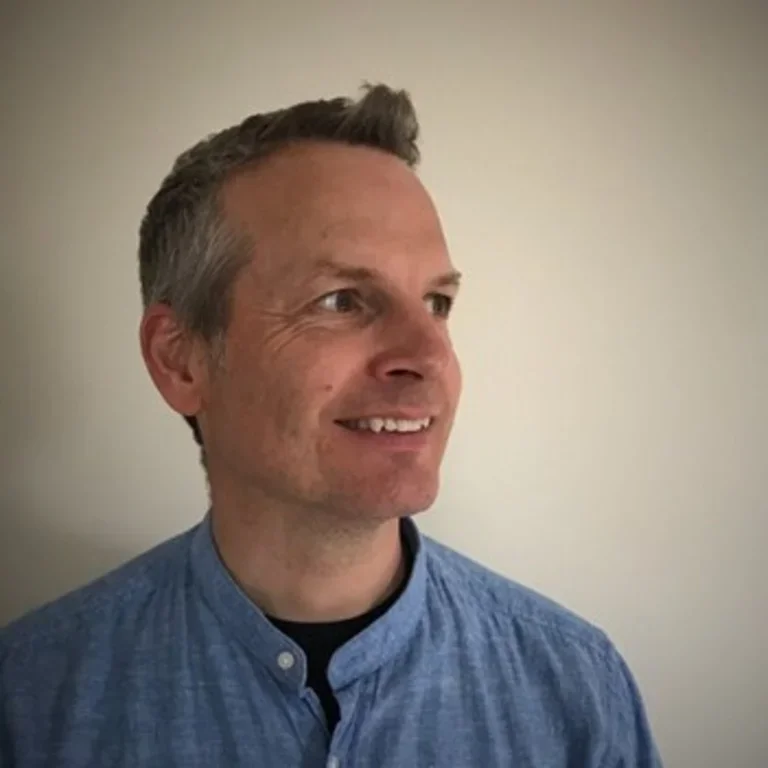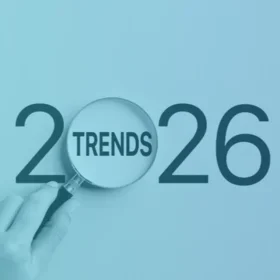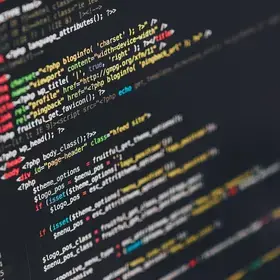By Christoph Meinrenken, Program Director, Information & Knowledge Strategy (IKNS), School of Professional Studies
I was recently appointed to one of the technical working groups charged with advising the World Resources Institute (WRI) and World Business Council on Sustainable Development on updating their rules and standards for carbon accounting. And I have been preparing for our upcoming seminar on October 22, when Columbia’s M.S. in Information & Knowledge Strategy (IKNS) degree will be hosting my friend and colleague Betty Cremmins. Betty, a Columbia SIPA alum who most recently worked in the White House, will speak to New York thought leaders and Columbia students, alumni, and faculty about her 20-plus years career at the intersection of data and people in climate.
Both prompted me to reflect on my academic research at the Climate School and my work with corporations and NGOs in sustainability analytics: How collecting data is a necessary but not a sufficient condition to decarbonize the world’s economies. And how it really needs people to “save the day.”
Trained as a physicist and engineer, a lot of my work has been on building data-driven models to evaluate the techno-economic performance—in other words the likely impact and potential for real change—of various low carbon technologies. The results have often been sobering—if not downright depressing—as a recent interviewer was able to get me to admit (more on that below).
But throughout my career, I was also drawn to human ingenuity or, as I used to call it during my PhD in neuroscience, the wonders of the human brain. Call it sentience or creative instinct—or simply an organ that (currently) still has more CPU power and more neural network layers than any AI implementation: As I told my students the other day, genAI might never match the brilliance of the approximately 100 billion neurons in a single human brain.
So what is more important? Data or people? Here are three things I learned loud and clear.
Data and Measurement Matter … but Measurement Needs Standards
Notwithstanding the decade-old dispute whether Peter Drucker actually ever uttered the famous words so often attributed to him—“What gets measured, gets managed”—the quote is famous for a reason. Namely, the quote matches what we often observe in practice. What the quote does not make equally clear is how crucial it is to provide rules and standards for what data should get collected. And, more importantly, how this data should be translated into actionable insights. In other words, how are the KPIs calculated that make management happen?
Carbon accounting is a good example: Almost 15 years ago, I also worked with the World Resources Institute, to contribute to and pilot-test what became known as the GHG Protocol for product-level carbon footprinting. Such standards are crucial enablers for companies to feel confident about measuring, and publishing, their carbon emissions. As one corporate sustainability officer put it to me during the pilot testing: We can only afford to put into our annual reports what is based on sound, vetted, and widely accepted measurement methodologies.
And once such standards are in place, they can be applied uniformly and at scale. Once the GHG Protocol (and other, similarly spirited standards such as ISO) were established, my research team at Columbia Engineering and Columbia Climate School could devise algorithms that enabled global consumer goods manufactures to quantify the carbon footprint of thousands of their products, almost at the touch of a button. Similar work has been underway at PepsiCo, Nike, and Unilever.
Standards Needs Continuous Updating
In a recent project with Closed Loop Partners and their Center for Circular Economy, my research team was tasked to devise a model that lets national restaurant chains (Starbucks, McDonald’s, Wendy’s) optimize their single-use beverage cups—and what cup suppliers can do to make novel, re-usable cups more competitive from a carbon and cost perspective. Because different materials and cup designs also affect the recyclability of such cups, getting the model right required really diving into the details of how carbon accounting standards deal with circularity.
As the students in my course on Life Cycle Assessment will attest, this is an area of ongoing debate. And the research project with Closed Loop Partners further confirmed my thinking that the standards need continuous updating lest the resulting carbon KPIs lead stakeholders into the wrong direction as to which cup designs should be favored. Luckily, this is exactly what my colleagues and I will be doing in the technical work group.
Data Matters … but People Matter More
Recently, I had the pleasure to be interviewed by Quinn Sental, a blogger at the intersection of data science and climate. It was a pleasure, because it was one of those experiences that us “experts” have all gone through: A brilliant young mind, who is clearly very well-prepared for the interview, asks you smart questions, and does so in a way that makes you feel comfortable to actually reflect and go a little deeper. Ms. Sental got me to admit that I was quite pessimistic about climate change. Specifically, I shared that a lot of technological solutions for both mitigation and adaptation were available and feasible—but that the hurdle had been with getting people (companies, governments, etc,) to actually adopt those solutions.
What I didn’t say in the interview is that ultimately I do believe that it is the people who will be able to “come around” and save the day. I am relying, as it were, on the 100 billion neurons in a human brain. They add up to almost one sextillion neurons (a 1 with 21 zeroes) if we manage to get all 8 billion humans on earth to collaborate towards a common goal.
When speaking with Betty to plan for her October 22 event, she made me think of this optimism in yet another, very different way. A way that actually circles back to the endless yet productive debates about what Peter Drucker actually said. Betty explained to me what her decades of very successful work in encouraging companies to disclose climate related data taught her: That it was somewhat shortsighted to rely on: “Just focus on measuring it, and it will get managed”—that such reliance takes away from the focus on people and their ingenuity, and that it is people who we have to motivate and educate to affect change. Without that, collecting data won’t do a thing. Alas, what gets measured may get managed … but not automatically so.
About the Program
The Columbia University M.S. in Information & Knowledge Strategy (IKNS) degree provides students with foundations in information science, organizational psychology, and change management as well as practical skills in project management and executive leadership.
The STEM-accredited program is available full-time or part-time – online or in- person on Columbia’s landmarked campus right here in New York City. To maximize opportunities for networking and community building, our online students join our New York-based students on Columbia’s campus for three in-person residencies during their studies.
Students train under world-class faculty, including former and current executives from Google, IBM, NASA, and Oliver Wyman, and join a powerful global alumni network in coveted positions, including at Alphabet, Goldman Sachs, Nike, Pfizer, and the World Bank.
For more IKNS insights, news, and events, please go to our website, connect with us on LinkedIn, or attend one of our online info sessions. Visit the School of Professional Studies website to learn more about the SPS student experience.



